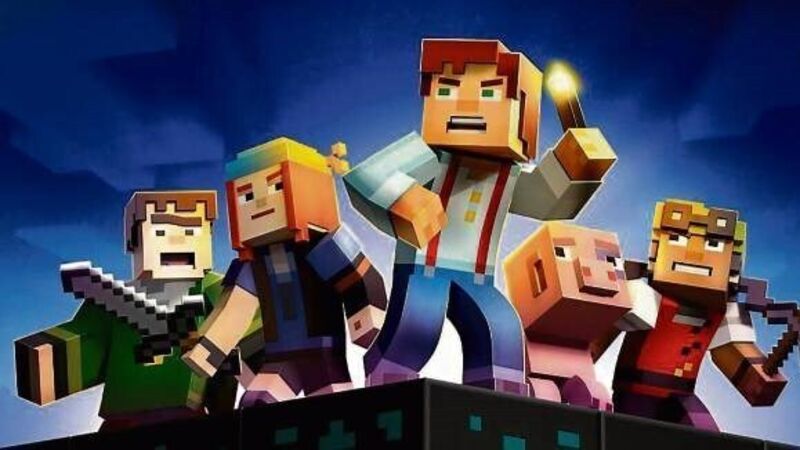Gametech: Will Netflix start chipping into the gaming industry?

NETFLIX has been chipping away at the entertainment market for some time now. What started as a DVD sales and mail-rental company has become arguably the world’s premier video content creator. Will the company soon start chipping into the gaming industry, too?
If so, what better place to start than with Minecraft, the game that made an art form of chipping into things? Netflix has announced that Minecraft: Story Mode, will be coming to the streaming platform, making this the first proper ‘game’ on the platform.











